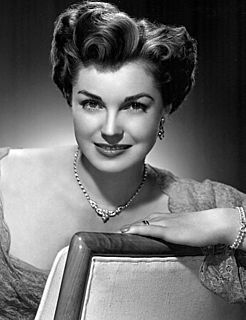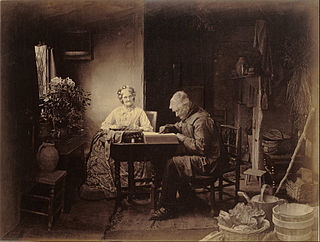A Quote by Alden Ehrenreich
Howard Hughes innovation was in the aviation field. His designs and spirit of experimentation was at the forefront. As far as his work as film producer, he certainly went after a bigger and more ambitious kind of filmmaking, even if he wasn't necessarily a cinema artist.
Related Quotes
Clearly the hardest thing for the working artist is to create his own conception and follow it, unafraid of the strictures it imposes, however rigid these may be... I see it as the clearest evidence of genius when an artist follows his conception, his idea, his principle, so unswervingly that he has this truth of his constantly in his control, never letting go of it even for the sake of his own enjoyment of his work.
I've been extremely lucky to work with Elmer Bernstein, Howard Shore over the years, but I've always imagined films with my own scores, because I don't come from that world or that period of filmmaking. And so how could I make up my own score on a film like this where it isn't necessarily made up of popular music from the radio or the period; it isn't necessarily classical music. But what if it's modern symphonic music?
Because the writer must be a participant in the scene, while he's writing it — or at least taping it, or even sketching it. Or all three. Probably the closest analogy to the ideal would be a film director/producer who writes his own scripts, does his own camera work and somehow manages to film himself in action, as the protagonist or at least a main character.
It is obvious that Paul did not regard prayer as supplemental, but as fundamental-not something to be added to his work but the very matrix out of which his work was born. He was a man of action because he was a man of prayer. It was probably his prayer even more than his preaching that produced the kind of leaders we meet in his letters.

































